- Your cart is empty
- Continue Shopping
Introduction to Cadomer Ointment
Cadomer Ointment contains Cadexomer Iodine, a topical antibacterial agent, used to support the healing of chronic wounds that release excessive fluid. It is often recommended for the treatment of diabetic ulcers, pressure sores, leg ulcers, as well as infected surgical or traumatic wounds. This ointment works by cleaning the wound, controlling bacterial growth, and promoting faster healing while reducing discomfort.
This medicine should not be used in people with certain thyroid-related conditions, such as Hashimoto’s thyroiditis, non-toxic nodular goitre, or a history of Graves’ disease. Those with severe kidney problems should use this ointment carefully and only under medical supervision. It is also not suitable for pregnant or breastfeeding women, and it is not advised for children younger than 12 years.
If you notice any irritation, unusual symptoms, or side effects after application, you should consult your doctor immediately.
Primary Uses of Cadomer Ointment
- Diabetic foot ulcers
- Pressure sores (bedsores)
- Leg ulcers
- Infected wounds caused by trauma or surgery
How It Works
The active ingredient, Cadexomer Iodine, eliminates harmful bacteria from the wound area. It absorbs excess fluid, reduces pain and inflammation, and assists the body’s natural healing process.
Directions for Use
Use Cadomer Ointment exactly as directed by your healthcare provider. It is meant for external application only. Start by gently cleaning the wound and surrounding skin using sterile water or saline. Do not dry the wound surface completely. Wearing gloves, apply a thin, even layer of the ointment on a piece of sterile gauze so it completely covers the wound with a depth of about 3 mm. Place the gauze on the wound and cover it with a secondary dressing. Lightly smooth over the dressing so the medicine spreads evenly beneath it.
Precautions to Consider
- Pregnancy: This ointment should not be used during pregnancy as it may cross the placental barrier.
- Breastfeeding: Avoid using while nursing since iodine may pass into breast milk.
- Kidney conditions: Use with care if you have serious kidney disease and always follow your doctor’s advice.
- Allergies: Do not use if you are allergic to iodine, cadexomer iodine, or any of the components of the product.
- Thyroid disorders: Not recommended for people with specific thyroid problems such as Hashimoto’s disease, nodular goitre, or Graves’ disease.
If you are scheduled to undergo a thyroid function test, inform your doctor before starting treatment, as iodine may affect the results.
Use in Children
Cadomer Ointment is not recommended for children under 12 years of age, as its safety and effectiveness in this age group have not been fully established.
Possible Interactions
Inform your doctor if you are using other medicines, particularly:
- Lithium (used for mood disorders)
- Certain antiseptics like taurolidine, mercurochrome, or thiomersal
Overuse Information
If too much ointment is applied, wash the wound area thoroughly and seek medical help immediately. In case of excessive use, treatment will need to be stopped, and supportive care may be required.
Key Details
- Active ingredient: Cadexomer Iodine
- Therapeutic use: Management of chronic exuding wounds
- Available forms: Ointment and powder
- Storage: Keep below 30°C and out of reach of children
Frequently Asked Questions
How long can I continue using Cadomer Ointment?
The treatment should not extend beyond three months in one continuous course unless specifically advised by a doctor. The duration of use depends on the type and severity of the wound.
What are the possible side effects?
Some people may experience mild stinging or discomfort shortly after application. Slight redness or swelling may also occur. These reactions are usually temporary but consult your doctor if they persist or worsen.
Who should avoid using this ointment?
Individuals with certain thyroid disorders, severe iodine allergies, or children under 12 should not use this product.
What precautions should be taken while using this ointment?
Since iodine can be absorbed into the bloodstream, patients with kidney disease or thyroid disorders must be closely monitored. Large wounds treated for an extended period may increase the risk of thyroid-related side effects. Always follow medical guidance while using this medicine.




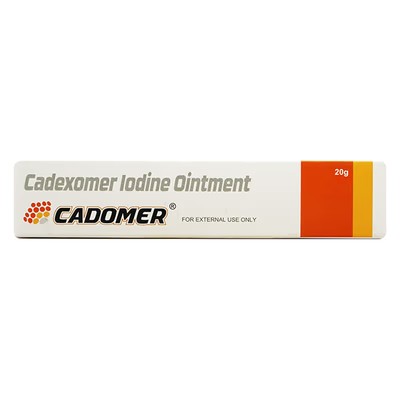
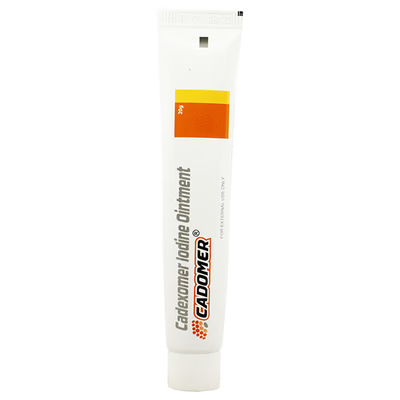
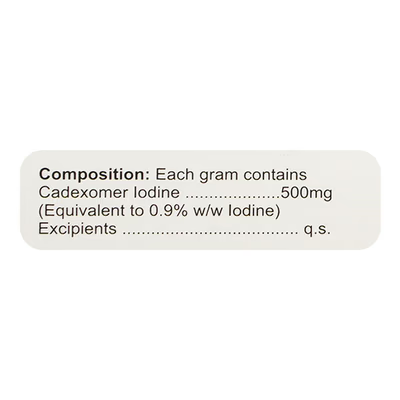
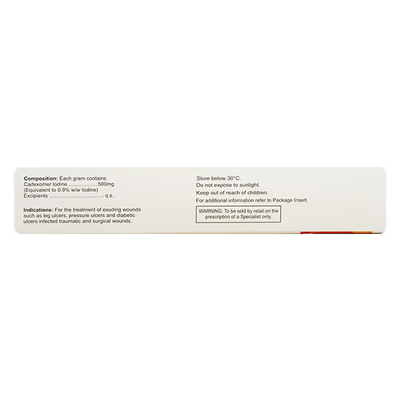


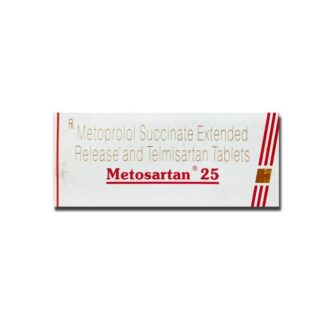
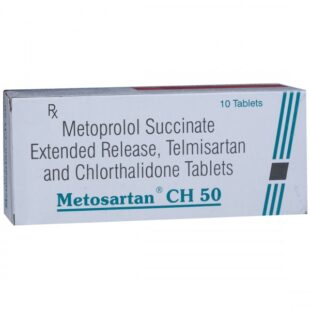
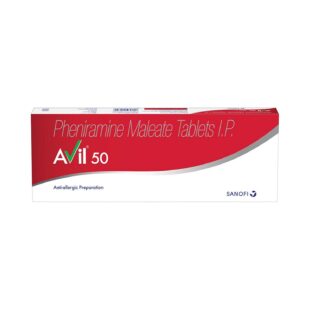
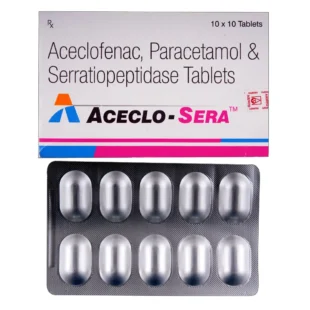
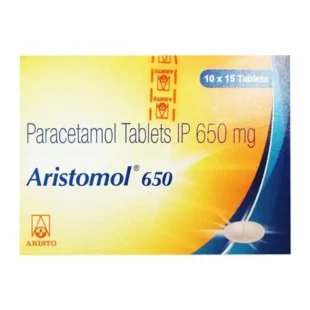

Reviews
There are no reviews yet.